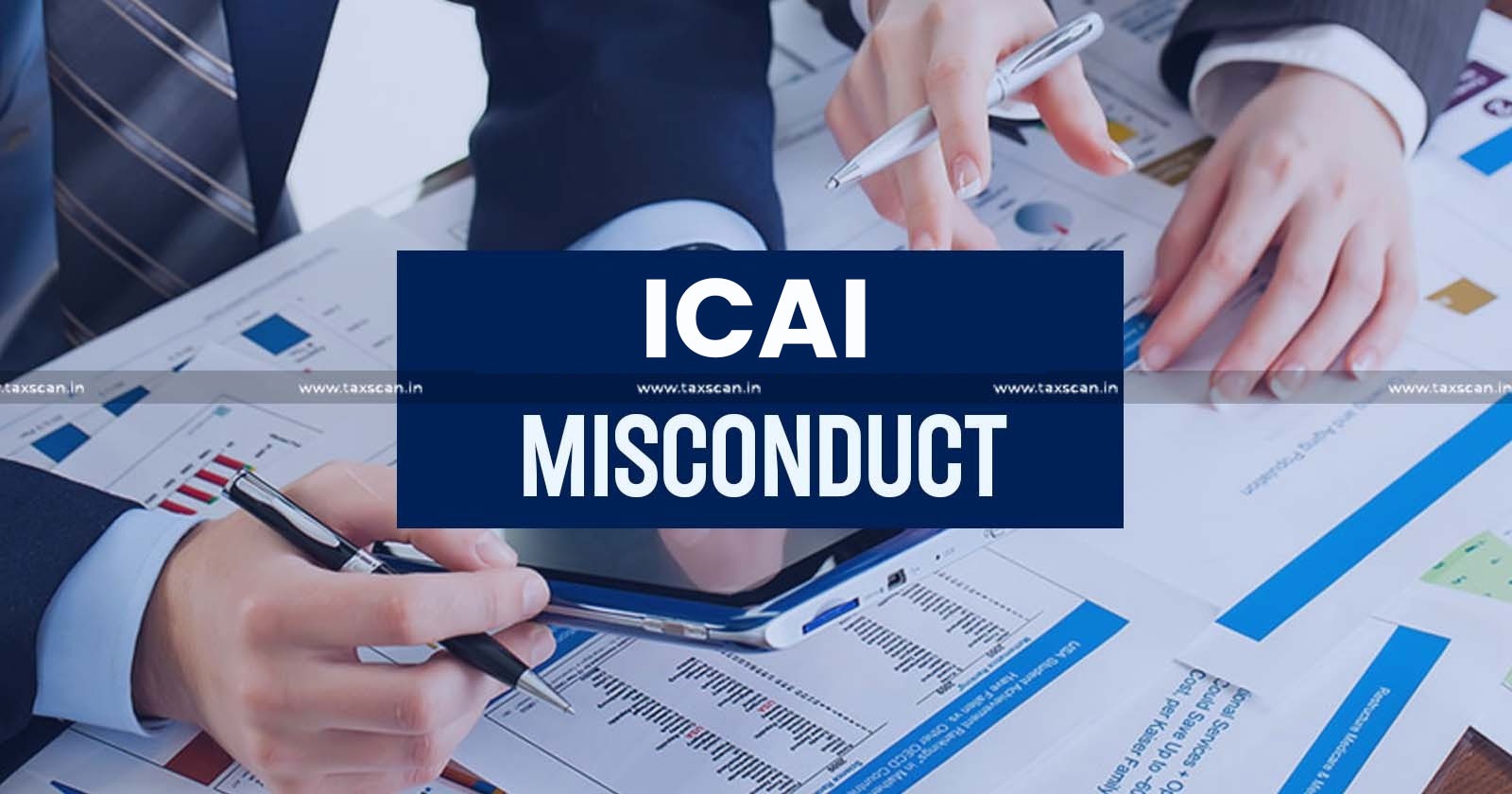D.N. Patel, J.@mdashThe present petitioner has preferred this petition stating that his father expired on 17.9.1987 when he was in service with the respondent-State and therefore, the petitioner ought to have been appointed as Chaukidar as Class-IV employee.
2. I have heard Learned Counsel appearing for respondents-State who has vehemently submitted that there is no legal vested right to the petitioner for such a compassionate appointment, as the very purpose of grant of compassionate appointment is being frustrated by lapse of more than two decades from the date of death of lather of the petitioner and there are no such rule or regulation with the Government that when the petitioner attains the age of majority, the respondent must keep the post vacant for grant of compassion appointment. Thus, in absence of any rule., after such a long time at such a belated stage, no compassionate may be ordered by this Court in exercise of extraordinary jurisdiction under Article 226 of the Constitution of India and the writ petition therefore, deserves to be dismissed. This claim is being made after a period of approximately 23 years from the date of death of the petitioner.
3. Learned Counsel for the petitioner is unable to point out any rule, regulation or governmental policy framed by the respondents whereby the petitioner can get the appointment on a compassionate ground after attaining the age of majority after such a long belated stage.
4. It has been held by Hon''ble Supreme Court, in the case of
4. Seventeen years after the death of his father, the respondent, on 8.1.1986, made an application for being appointed to the post of a Primary School Teacher under the said Rules. His application was rejected. He, thereafter, filed a writ petition before the High Court. This writ petition was allowed by the High Court and an appeal from the decision of the Single Judge of the High Court was also dismissed by the Division Bench of the High Court. Hence the State has filed the present appeal.
5. The purpose of providing employment to a dependent of a Government servant dying in harness in preference to anybody else, is to mitigate the hardship caused to the family of the employee on account of his unexpected death while still in service. To alleviate the distress of the family, such appointments are permissible on compassionate grounds provided there are Rules providing for such appointment. The purpose is to provide immediate financial assistance to the family of a deceased Government servant. None of these considerations can operate when the application is made after a long period of time such as seventeen years in the present case.
6. We may, in this connection, refer to only one judgment of this Court in the case of Union of India v. Bhagwan Singh. In this case, the application for appointment on similar compassionate grounds was made twenty years after the railway servant''s death. This Court observed:
The reason for making compassionate appointment, which is exceptional, is to provide immediate financial assistance to the family of a Government servant who dies in harness, when there is no other earning member in the family.
5. It has been held by the Hon''ble Supreme Court in the case of
2. Learned Senior Counsel appearing on behalf of the petitioner has placed strong reliance on the decision of a learned Single Judge of the Patna High Court in Chandra Bhushan v. State of Bihar1. Learned Senior Counsel points out that it was held in that case that an applicant''s right cannot be defeated on the ground of delay caused by authorities which was beyond the control of the applicant. Learned Senior Counsel further points out that instead of following the above judgment, the same learned Judge has now held on 21.4.1997 that the application is time-barred. Learned Counsel has placed before us a judgment of this Court in Director of Education Secondary v. Pushpendra Kumar 2. He submits that, in this case, a direction was given to create supernumerary posts.
3. We are unable to agree with the submissions of the learned Senior Counsel for the petitioner. This Court has held in a number of cases that compassionate appointment is intended to enable the family of the deceased employee to tide over sudden crisis resulting due to death of the breadearner who had left the family in penury and without any means of livelihood. IN fact such a view has been express in the very decision cited by the petitioner in director of Education v. Pushpendra Kumar.2 It is also significant to notice that on the date when the first application was made by the petitioner on 2-6-1998, the petitioner was a minor and was not eligible for appointment. This is conceded by the petitioner. There cannot be reservation of a vacancy till such time as the ptr. becomes a major after a number of years, unless there are some specific provisions. The very basis of compassionate appointment is to see that the family gets immediate relief.
6. Thus, in absence of any rule, regulation or governmental policy, there cannot be any reservation on the post for the petitioner till he attains the age of majority.
7. Hence, there is no substance in this writ petition and the same is hereby dismissed.

